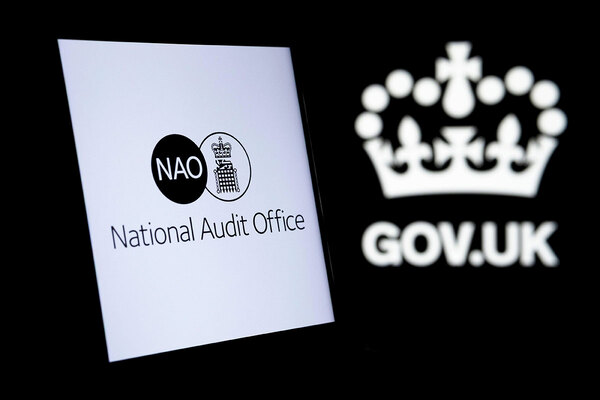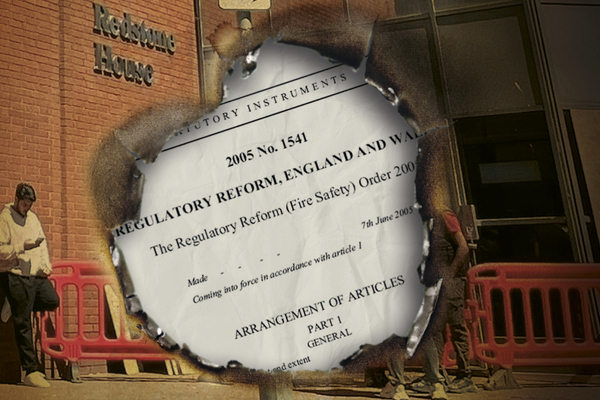You are viewing 1 of your 1 free articles
Let’s make sure no other landlords can do what Rushanara Ali did to her tenants
Protecting the ‘no re-let’ rule is crucial to making sure renters are protected from this kind of de facto Section 21, writes Tom Darling, director of Renters’ Reform Coalition
Did former homelessness minister Rushanara Ali do anything wrong in removing her tenants only to increase the rent by £700? Not according to the hundreds of landlords who lit up the switchboards of radio stations across the country to call in and protest that she had the right to do so. The National Residential Landlords Association even seemed to suggest that the new rent she was asking for may have been fair, and that she was right to look to re-let the property.
But even though (as her office insisted) Ms Ali didn’t technically break the law, her position became untenable because she was seen to be breaching her own department’s forthcoming legislation, and she rightly resigned.
The Renters’ Rights Bill will rightly end Section 21 evictions, but it also aims to prevent landlords from evicting tenants under the pretence of selling a property, only to re-let it – exactly what Ms Ali seems to have been doing (with a hefty markup to boot).
As long-time campaigners for renters’ rights, the Renters’ Reform Coalition welcomes the legislation, which is the biggest change to renting in a generation. As well as scrapping Section 21, it will give renters better access to redress through an independent ombudsman and should make it easier to drive up standards and stamp out harmful practices such as bidding wars.
But the bill recently came under attack in the House of Lords, where the government lacks a majority – and where our research has found that nearly one in five sitting peers are landlords. Amendments voted into the legislation will make it harder to enforce and introduce new potential loopholes – for instance, problematic new eviction grounds for seasonal agricultural workers or for landlords to house their carers will be open to abuse. Pet owners face an additional deposit requirement, a totally unwarranted change that could leave many priced out of finding a place to live.
And the Lords also reduced the no re-let period following eviction under the new sales ground, cutting it from 12 months to six. This clause exists specifically to prevent cases like Ms Ali’s where a landlord might evict tenants in order to sell, only to put the property back on the rental market. It’s crucial, as without it, landlords are likely to use this sales eviction ground as a de facto Section 21, and many of the problems that make life misery for tenants in the current system will remain.
Our problem with this amendment made by the House of Lords is that many landlords own their properties outright or have minimal debt – just 42% of landlords declared residential finance costs to HMRC. So a six-month ban on re-letting will do little to deter those landlords from abusing the sales eviction ground to kick tenants out at will or threaten them with it – perhaps renters who are asking for essential repairs to be done, or who are challenging a stiff rent increase. This would undermine the bill’s core aim of giving renters security of tenure.
“The government has a chance to show England’s 12 million renters – who, after the past few weeks, could be forgiven for worrying how committed the government is to improving their lot – that it does in fact have their back”
And if a six-month ‘no re-let’ period encourages more landlords to abuse the sales eviction ground than would otherwise, it could end up becoming a common feature of the new renting system rather than a rare case – resulting in more properties sitting vacant and unoccupied between tenancies.
It’s vital that the government strips out this change, and other damaging amendments, when the bill returns to the House of Commons. The Renters’ Rights Bill is one of the most popular policies going; the government has a chance to show England’s 12 million renters – who, after the past few weeks, could be forgiven for worrying how committed the government is to improving their lot – that it does in fact have their back.
Tom Darling, director, Renters’ Reform Coalition
Sign up for our homelessness bulletin
Already have an account? Click here to manage your newsletters
Related stories









